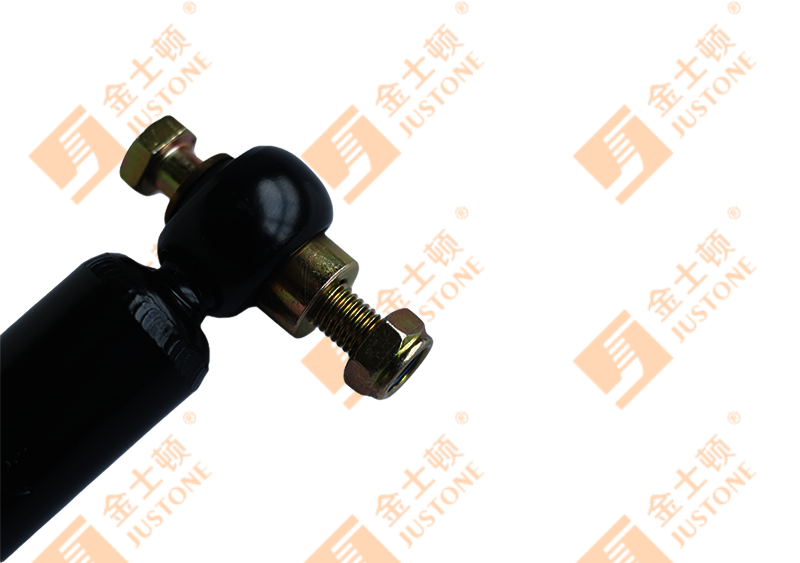Didn't find a product that suits you?
Contact us for the latest news.
Overloading a trailer coupling damper can have several serious consequences, impacting both safety and performance. Here’s a detailed look at potential issues:
Reduced Performance
Ineffective Damping: Overloading can cause the damper to exceed its designed capacity, leading to diminished effectiveness in absorbing shocks and vibrations. This can result in increased trailer sway, reduced stability, and a less controlled towing experience.
Increased Vibration and Noise: When overloaded, the damper may fail to properly mitigate vibrations, leading to increased noise and discomfort during towing.
Safety Risks
Loss of Control: An overloaded damper can compromise the stability of the trailer, increasing the risk of loss of control, especially during sharp turns, braking, or sudden maneuvers.
Increased Risk of Accidents: The reduced stability and control can lead to dangerous situations, such as trailer sway or jackknifing, increasing the risk of accidents on the road.
Damage to Components
Wear and Tear: Excessive loads can accelerate wear and tear on the damper and other coupling components. This can lead to premature failure of the damper and associated parts, requiring more frequent repairs or replacements.
Structural Damage: Overloading can strain the trailer coupling system, potentially causing damage to the hitch, frame, or suspension components.
Decreased Longevity
Premature Failure: Consistently operating a damper beyond its load capacity can lead to premature wear and eventual failure. This reduces the overall lifespan of the damper and necessitates more frequent replacements.
Increased Maintenance Costs: Frequent damage or wear from overloading can lead to higher maintenance and repair costs over time.

Compromised Ride Quality
Reduced Comfort: An overloaded damper can lead to a rougher ride, as it may not adequately absorb road shocks and vibrations. This can negatively impact the comfort of both the towing vehicle and the trailer.
Compliance Issues
Regulatory Non-Compliance: Overloading may result in non-compliance with safety regulations or standards, potentially leading to legal issues or fines if the towing setup is inspected.
Potential for Secondary Failures
Impact on Other Systems: Damage to the damper from overloading can affect other parts of the trailer coupling system, including the hitch, suspension, and even the towing vehicle, leading to more widespread issues.
Overloading a trailer coupling damper can lead to reduced performance, safety risks, damage to components, decreased longevity, compromised ride quality, and potential compliance issues. It’s crucial to match the damper’s load capacity with the trailer’s requirements and adhere to proper loading practices to ensure safe and effective towing. Regular inspection and maintenance can help prevent issues related to overloading and ensure the damper functions correctly within its designed capacity.